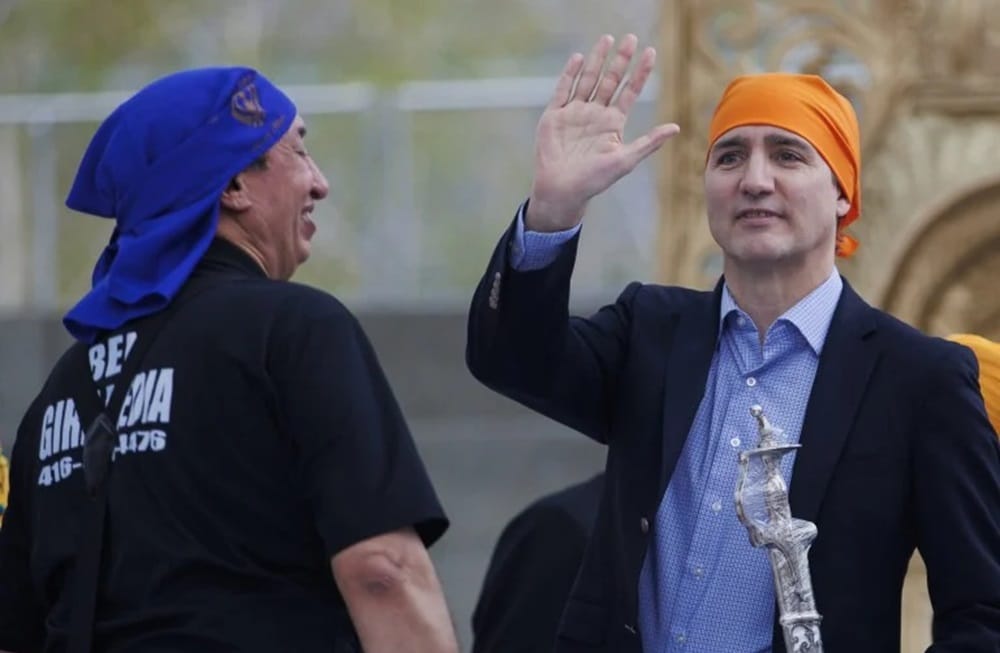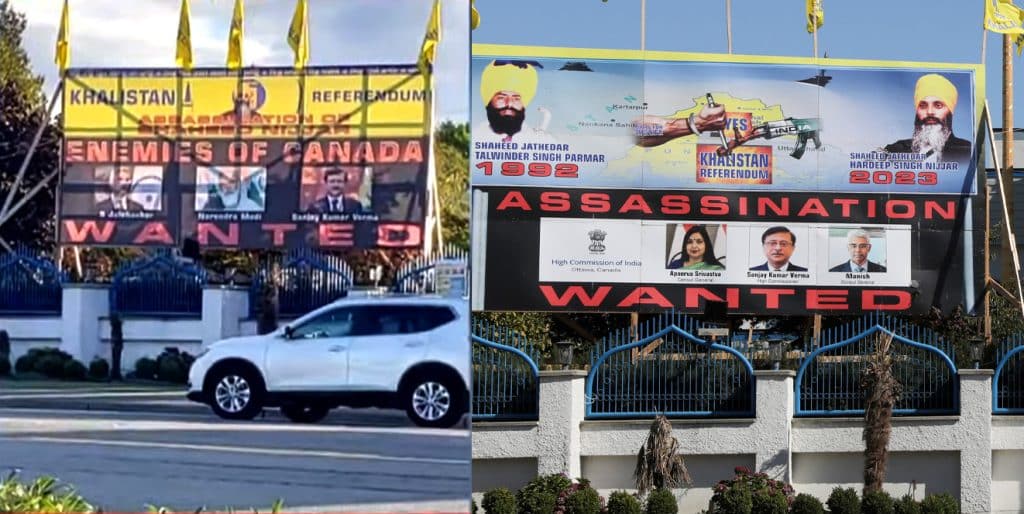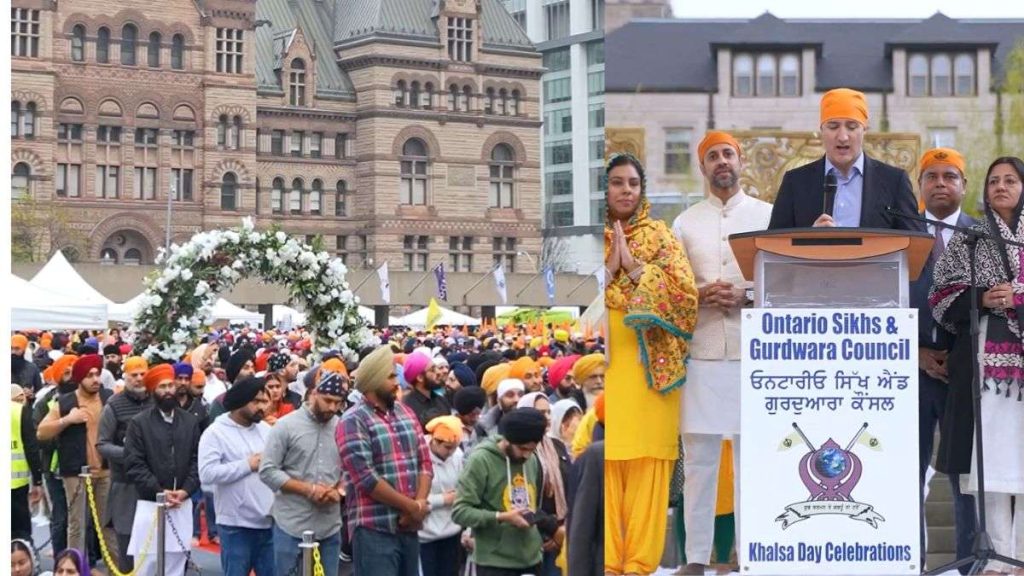Politics
Trudeau Pandering to Sikh Separatist at Rally Enrages India
Trudeau’s presence at Sikh rally further inflames India ties as Canadian PM accused of ‘encouraging climate of violence’

Canadian Prime Minister Justin Trudeau’s decision to attend a demonstration in Toronto in support of a separatist Sikh movement has once again damaged his country’s relations with India.
India’s Ministry of External Affairs denounced Trudeau’s actions and summoned the Canadian deputy high commissioner “with regard to the raising of separatist slogans on ‘Khalistan’ at an event which was being personally addressed by the Prime Minister of Canada”.
Analysts say Trudeau’s move shown “no appreciation of Indian concerns in Canada,” with the apparently ill-advised travel expected to further deter New Delhi from improving relations with Ottawa.
Relations between the two sides have deteriorated in recent months as a result of allegations by Trudeau’s administration that Indian intelligence agents were involved in the 2023 murder of Canadian citizen and Sikh separatist leader Hardeep Singh Nijjar.
Nijjar was involved in the 1980s and early 1990s Khalistan movement, which sought to establish an independent Sikh nation in northern India’s Punjab state. Today, the activists are largely from the Punjabi overseas diaspora, many of whom have migrated in the North American country. India has often complained to Canada about the actions of Sikh hardliners.

Modi Wanted Posters in Surrey Canada: Getty Images
India has frequently criticized Trudeau
According to The Times of India, Indian intelligence officials were particularly concerned about the presence of “Modi Wanted” posters purportedly placed at the Toronto rally by the secessionist group Sikhs For Justice (SFJ) in retaliation to Nijjar’s murder.
While India has frequently criticized Trudeau for failing to rein in Khalistani separatists and engaging in “vote bank politics” with the Punjabi diaspora, experts disagreed on whether the government overreacted in order to acquire votes in the ongoing Indian elections.
“There will be no immediate impact [on India from the rally], but the point is that there is no appreciation for Indian concerns in Canada as far as Trudeau’s party is concerned,” said Harsh Pant, a professor of international affairs at King’s College London.
Each week, you will receive the most pressing stories and in-depth analysis from the Asia area.
“What it means is that this will be a long-term problem.
“As long as Trudeau remains in office, there is no enthusiasm in India to move forward with major projects or improve relations. Trudeau has also made no indication that he intends to reset domestic politics.
The Khalistan movement has little resonance in India, especially Punjab, where it peaked in the 1980s and sparked a spike in separatist violence. In 1984, two of her Sikh bodyguards assassinated former Indian Prime Minister Indira Gandhi, six months after she ordered the siege of the Golden Temple in Punjab, Sikhism’s holiest shrine, to clear out terrorists.

Trudeau promises to protect Sikh: Getty Images
“Trudeau knows the Khalistan issue is extremely damaging for Canada-Indian relations,” said Christopher Blackburn, a British political and security analyst, citing the 1985 bombing of an Air India flight by Canadian Sikh militants to highlight the sensitivity of the situation.
“Any prime minister must be careful about attending political rallies,” Blackburn was quoted as saying.
He said that Trudeau might have met with the community’s leaders in a controlled venue, such as a gurdwara (Sikh temple), to avoid “embarrassing spectacles.”
“Trudeau and his advisers are to blame.” “Canada and India need to come up with a joint mechanism for monitoring the Khalistani threat,” Blackburn added, implying that Ottawa should apologize to New Delhi for appearing to support “radical elements.”
But Manoj Joshi, a distinguished scholar at the Observer Research Foundation, believes India could have avoided reacting harshly to the matter. “The point is does this movement have any specific impact on India ?” Joshi stated.
“My assessment is it is probably aimed more at domestic political gains among the large electorate [in India],” said Mr. Singh.
He further stated that the reaction was intended to demonstrate that Prime Minister Narendra Modi’s government has been “proactive against the Khalistan movement”.
According to public polls, Modi and his ruling Bharatiya Janata Party are leading India’s seven-phase elections, which will run until June.
Source: SCMP





























